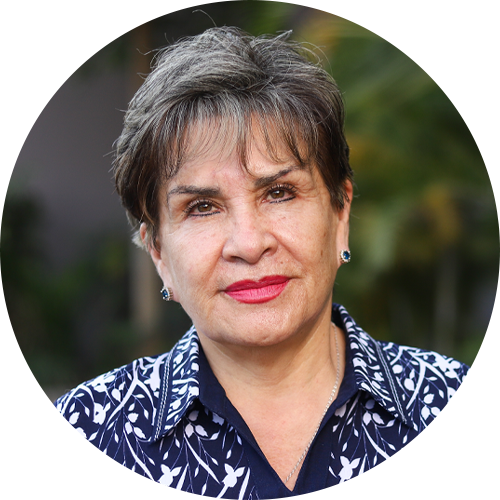Ipas is pleased to announce a partnership with the government of Canada to increase access to comprehensive sexual and reproductive health care for women and girls in Bolivia, Indonesia, Nigeria and the Democratic Republic of Congo (DRC).
The Canadian government has pledged $10 million CAD for programmatic work in Bolivia, Indonesia and Nigeria to increase the sexual and reproductive autonomy of women and girls by expanding their access to comprehensive sexual and reproductive health services and enhancing their ability to make decisions about their own sexual and reproductive health.
“Unsafe abortion is one of the most significant and preventable causes of maternal death and injury in Nigeria, which has one of the world’s highest maternal death rates. This grant will help increase knowledge around sexual and reproductive health and ensure women know where to seek care for complications of unsafe abortion.”
Lucky Palmer, director of Ipas Nigeria Health Foundation


“This grant will help expand women’s and girls’ sexual and reproductive rights and reduce the devastating impact of unsafe abortion on the lives of Indonesian women and adolescents. Ipas will continue to work toward improving the lives of women and girls who need access to non-stigmatizing reproductive health care.”
Dr. Marcia Soumokil, director of Ipas Indonesia
“We are honored to receive this grant from the Canadian government. Ipas Bolivia will continue to break down barriers to abortion access and work to eradicate the abortion stigma that prevents so many from making their own reproductive health decisions.”
Dr. Malena Morales, director of Ipas Bolivia

The $4.85 million project in the DRC will empower women’s and girls’ bodily autonomy through expanding access to sexual and reproductive health services and information about safe abortion care. Ipas will work with the DRC government and community partners to translate the legal and policy framework into improved access to quality comprehensive abortion care, safe contraception and care related to sexual and gender-based violence.

“Ipas has been working alongside partners and the DRC government since it adopted the Maputo Protocol in 2018 to lay the groundwork for women and girls to access legal and safe abortion care. This project will help ensure women and girls who have experienced gender-based violence can access accurate sexual and reproductive health information and services.”
Dr. Jean-Claude Mulunda, director of Ipas DRC

